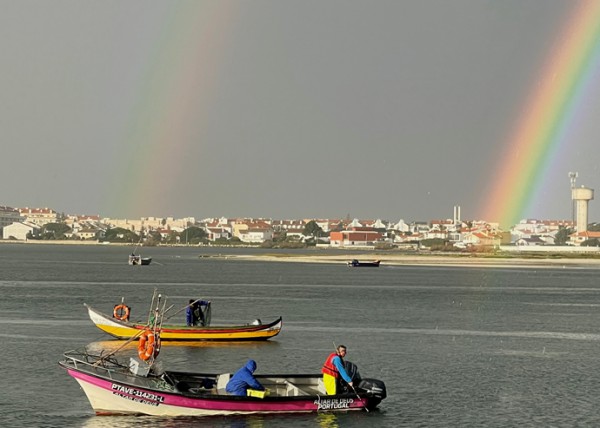November 25th (Friday) | 12:30 pm and 1:30 pm | lecture theatre 9.1.1 (DEMaC) | No registration needed.
This edition of ‘Ocean Break’, a CESAM’s seminar in marine science, will take place on November 25th (Friday), researcher Selia Diaz will address the types of cancers that affect bivalves and their ecological implications.
Bivalves are a great source of food and an important economic resource in coastal regions. Mass mortalities in bivalve sandbeds are frequently associated with diseases, including cancer. Cancer is caused by mutations that alter the cell cycle. However, the causal agents can be diverse and according to these also their ecological implications. Currently, bivalves cancers have been associated with contamination, caused by viruses, and even with immortal cancer cells that are transmitted from one individual to another.
The connectivity of the oceans and the simple immune system of bivalves provide a new model for the study of these diseases.
Photo by: Selia Diaz
